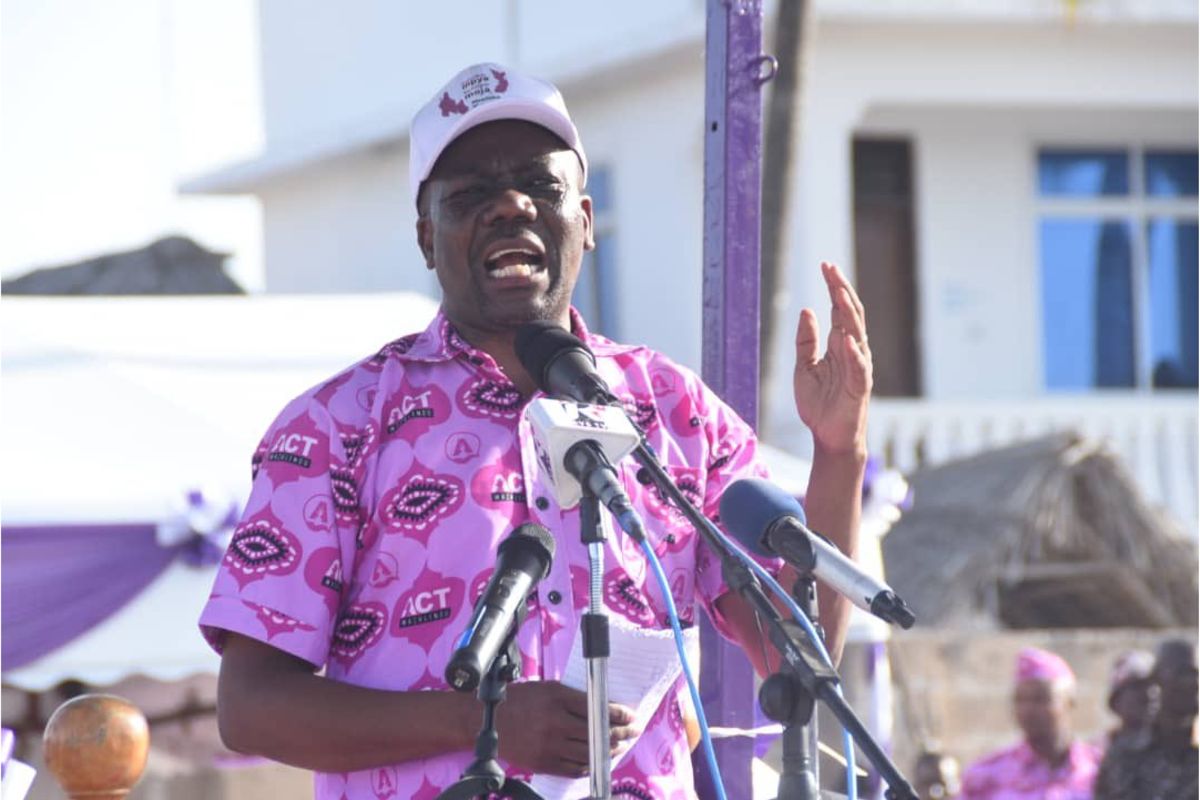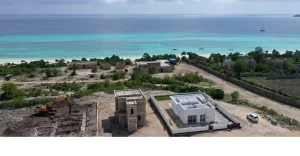Dr Faustine Ndugulile of Tanzania was elected as the World Health Organisation’s (WHO) Regional Director for Africa on Tuesday at the ongoing session of the WHO Regional Committee for Africa in Brazzaville, Congo.
He received 25 out of 46 votes, defeating candidates from Rwanda, Niger and Senegal. He was supported by 25 African countries, including Kenya.
A former deputy minister of Health in Tanzania, Dr Ndugulile will succeed Dr Matshidiso Rebecca Moeti of Botswana, whose two five-year terms end at the session.
Dr Ndugulile, a medical doctor specialising in microbiology, has extensive experience in public health.
Read: Tanzania speaker to lead global parliamentary body
In his campaigns for the position, he said his priorities include transforming African health systems to achieve universal health coverage, improving maternal and child health and strengthening health security, innovation and research.
“My candidacy represents a collective effort to transform the health landscape of Africa. By prioritising universal health coverage, maternal and child health,” he had told The EastAfrican earlier.
He also said he would aim at strengthening partnerships between African governments and health institutions.
Dr Ndugulile emphasised the need to improve the service index for universal health coverage, which remains below 50 percent in many African countries.
Dr Ndugulile is currently the Member of Parliament for Kigamboni Constituency in Dar es Salaam and serves as Vice-Chair of the Parliamentary Committee on Health and HIV/AIDS in Tanzania, the Inter-Parliamentary Union (IPU) and NEAPACOH.














